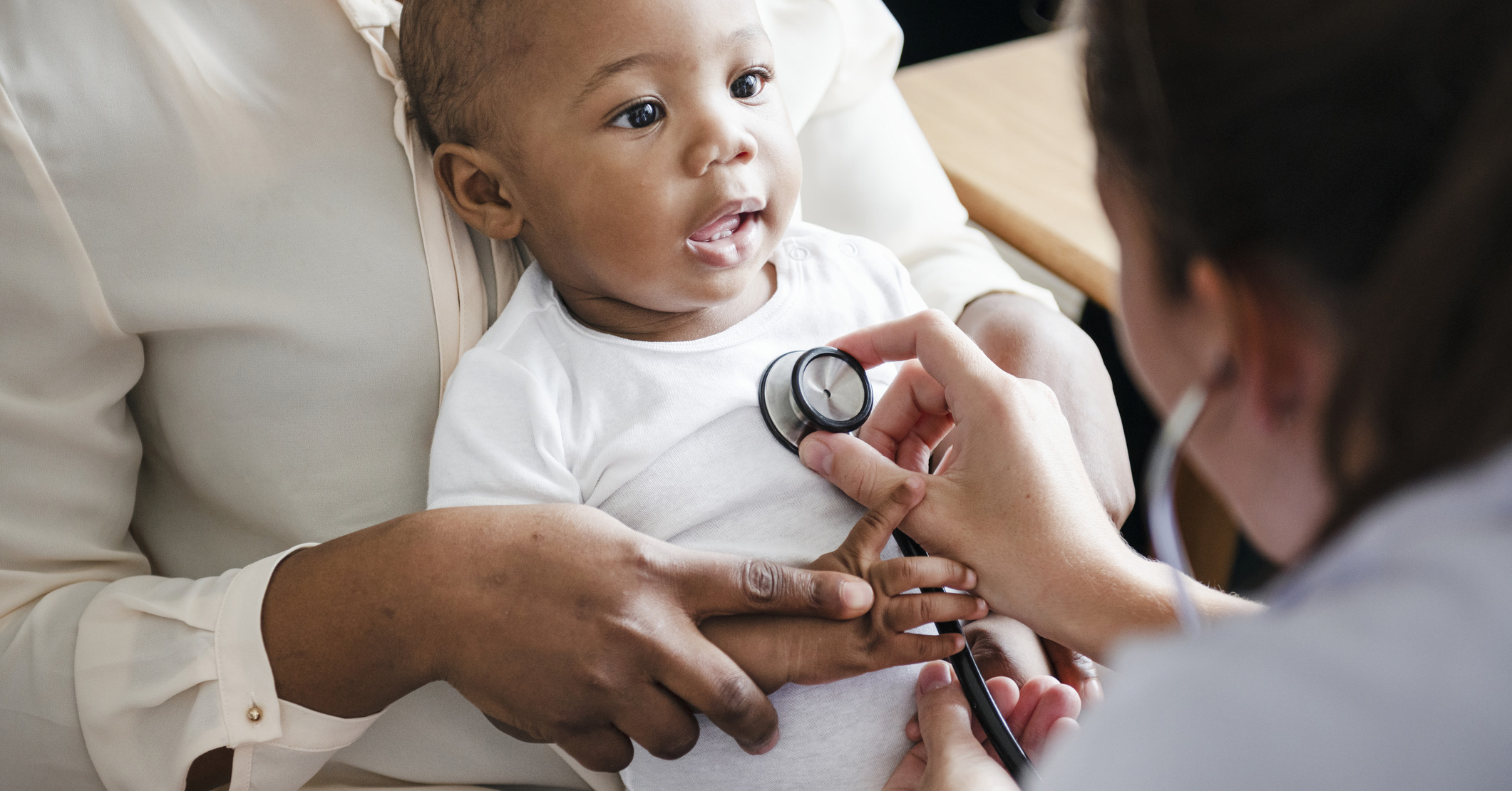
Childhood cancer is one of the most daunting challenges any family can face. While it is relatively rare compared to adult cancers, its impact is deeply profound. For children who are considered high risk—either due to genetic conditions, family history, or prior medical treatments—regular medical check-ups are absolutely essential.
These check-ups not only enable early detection of cancer, but they also allow pediatric oncologists to monitor growth, development, and overall health. The earlier cancer is diagnosed, the more effective the treatment outcomes tend to be.
In Delhi, parents trust Dr. Vikas Dua, the Best Pediatric Oncologist in Delhi, for his expertise in treating childhood cancers and providing compassionate care. His specialized approach ensures that high-risk children receive the vigilant monitoring they need to live healthier and fuller lives.
Who Are Considered “High-Risk” Children?
Not all children have the same level of cancer risk. Some children may be more vulnerable due to certain conditions:
-
Genetic Syndromes
-
Children with syndromes like Down syndrome, Li-Fraumeni syndrome, or Beckwith-Wiedemann syndrome may face higher cancer risks.
-
-
Family History
-
A strong family history of cancer may put children at increased risk, especially for hereditary cancers.
-
-
Previous Cancer Treatments
-
Children who have undergone radiation therapy or chemotherapy for an earlier cancer may develop secondary cancers later.
-
-
Immunodeficiency Disorders
-
Children with weak or compromised immune systems have higher chances of developing blood cancers like leukemia or lymphoma.
-
-
Chronic Health Conditions
-
Certain blood disorders or pre-cancerous conditions can predispose a child to future malignancies.
-
Why Regular Check-Ups Matter
1. Early Detection Saves Lives
Cancers detected early often respond better to treatment. Regular check-ups mean that even subtle changes—like unusual fatigue, prolonged fever, or abnormal lumps—are noticed quickly.
2. Monitoring Genetic and Biological Markers
Children with inherited risks may undergo specific screenings, such as blood tests, imaging scans, or bone marrow evaluations, to spot early warning signs.
3. Preventive Care
Check-ups often include counseling on diet, lifestyle, and preventive measures that can lower risks of cancer progression.
4. Tracking Long-Term Health
For children who have undergone prior cancer treatment, regular follow-ups help monitor side effects, growth delays, and potential recurrence.
5. Peace of Mind for Parents
Regular medical reviews provide reassurance to families and ensure they are not missing critical warning signs.
Signs That Should Never Be Ignored
Even between check-ups, parents should remain vigilant about certain symptoms:
-
Unexplained weight loss
-
Persistent fever or infections
-
Swollen lymph nodes
-
Easy bruising or bleeding
-
Persistent fatigue or weakness
-
Night sweats
-
Bone or joint pain
While these symptoms may not always mean cancer, they require prompt medical evaluation.
The Role of a Pediatric Oncologist
A pediatric oncologist specializes in diagnosing and treating cancers in children. They:
-
Perform regular screenings for high-risk children.
-
Create personalized care plans based on the child’s condition.
-
Coordinate with other specialists like pediatric hematologists and genetic counselors.
-
Offer guidance to families on managing health at home.
For families in Delhi, Dr. Vikas Dua is widely regarded as the Best Pediatric Oncologist in Delhi. With years of expertise in pediatric oncology, bone marrow transplantation, and hematology, he ensures that children at risk receive holistic, advanced, and compassionate care.
How Often Should High-Risk Children Get Check-Ups?
The frequency depends on the child’s risk profile:
-
Genetic predisposition: Every 6–12 months.
-
History of cancer treatment: Every 3–6 months initially, then annually once stable.
-
Family history: At least once a year, or as recommended by the doctor.
These visits may include physical exams, blood tests, imaging (like ultrasound or MRI), and, when necessary, bone marrow evaluations.
Tips for Parents of High-Risk Children
-
Keep a Medical Record – Track symptoms, test results, and family history.
-
Maintain a Healthy Lifestyle – Balanced diet, exercise, and good sleep support overall immunity.
-
Reduce Environmental Risks – Avoid secondhand smoke, chemical exposure, and unnecessary radiation.
-
Stay Alert to Symptoms – Report unusual signs to the doctor immediately.
-
Build Emotional Support – Regular counseling for both children and parents can ease anxiety.
FAQs: Childhood Cancer Risk and Regular Check-Ups
1. Can regular check-ups really prevent childhood cancer?
Check-ups don’t prevent cancer but can detect it early, which greatly improves treatment outcomes.
2. What tests are usually done during these check-ups?
Depending on the child’s risk, tests may include blood tests, imaging scans, genetic testing, or bone marrow evaluations.
3. How do I know if my child is at high risk for cancer?
If your child has a family history of cancer, genetic syndromes, or prior exposure to cancer treatments, consult a pediatric oncologist for evaluation.
4. Can lifestyle changes reduce the risk of childhood cancer?
While some risks are genetic, maintaining a healthy lifestyle can strengthen immunity and lower overall risks.
5. Is cancer in children treatable?
Yes, with modern treatments, many childhood cancers are highly treatable, especially if detected early.
6. Who is the best pediatric oncologist in Delhi for childhood cancer care?
Dr. Vikas Dua is considered one of the Best Pediatric Oncologists in Delhi, known for his expertise in treating childhood cancers and providing compassionate care.
Conclusion
Regular check-ups for children at high risk of cancer are not just routine appointments—they are life-saving measures. By ensuring early detection, consistent monitoring, and preventive strategies, these visits significantly increase the chances of better outcomes and healthy survival.
For families in Delhi, Dr. Vikas Dua, Best Pediatric Oncologist in Delhi, is trusted for his exceptional skills in diagnosing and treating childhood cancers. With his guidance, high-risk children can receive the vigilant care they need, while parents gain peace of mind knowing their child’s health is closely monitored.
Remember: Early action and consistent monitoring are the most powerful tools against childhood cancer.

